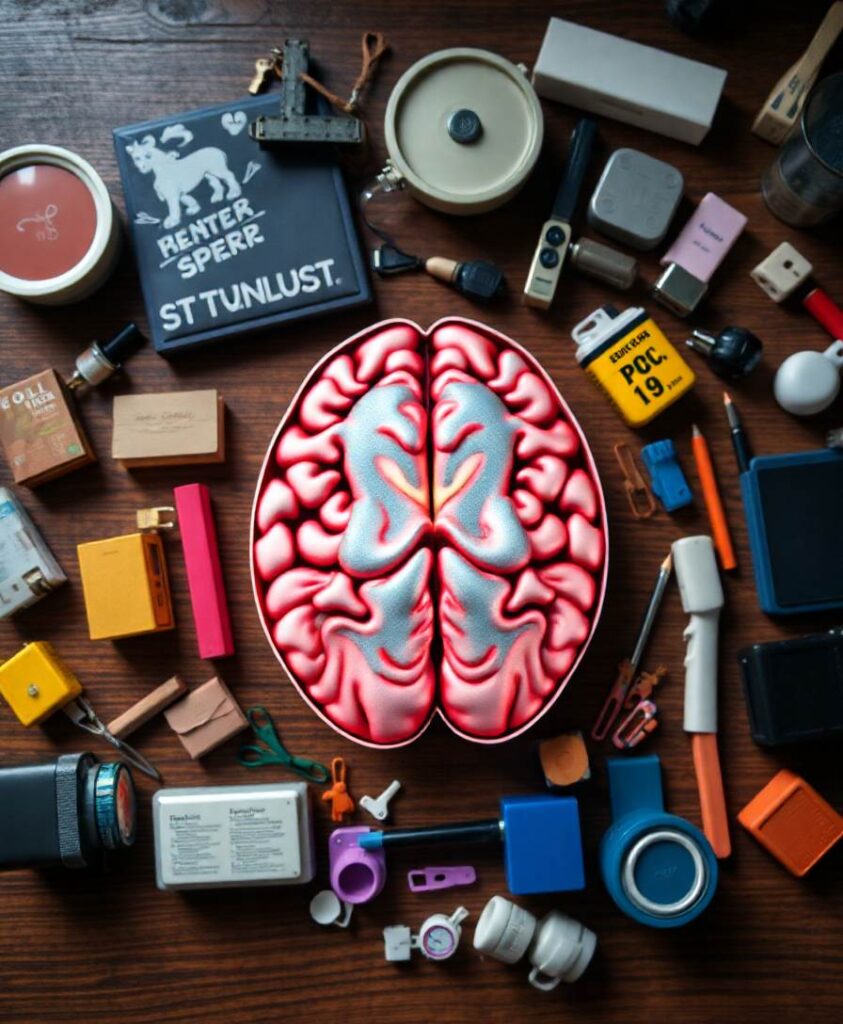Memory updating and the structure of event representations
People form memories of specific events and use those memories to make predictions about similar new experiences. Living in a dynamic environment presents a challenge: How does one represent valid prior events in memory while encoding new experiences when things change? There is evidence for two seemingly contradictory classes of mechanism: One differentiates outdated event features by making them less similar or less accessible than updated event features. The other integrates updated features of new events with outdated memories, and the relationship between them, into a structured representation. Integrative encoding may occur when changed events trigger inaccurate predictions based on remembered prior events. We propose that this promotes subsequent recollection of events and their order, enabling adaptation to environmental changes.
Anne-Marie is a French-Canadian philosopher from New Brunswick, delving into existential questions of human purpose and fulfillment. Her contributions encourage reflective practices for realizing potential, inspired by Acadian resilience and communal wisdom.


